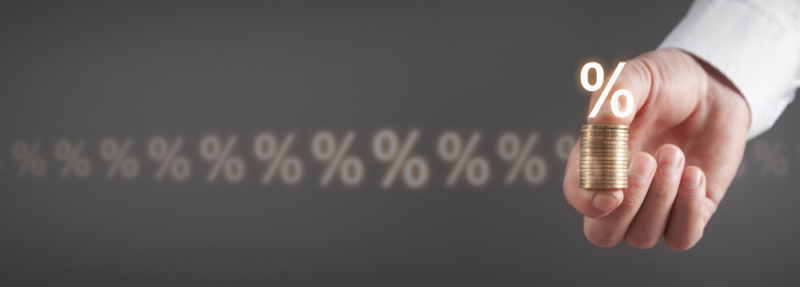Interest rates are expected to be held at 5.25% for the sixth time in a row by the Bank of England on Thursday. The decision comes as inflation, which measures price rises over time, remains above the Bank’s 2% target at 3.2%.
As well as the interest rate decision, the Bank will also release its latest forecast estimating what will happen to inflation and the UK economy.

The report comes amid pledges from both major political parties on how they would drive economic growth.
The BBC is reporting that the health of the UK economy has been in the spotlight with a general election set to be called in the coming months, and economic policies likely to be a key battleground in the quest for votes.
Prime Minister Rishi Sunak has previously said that 2024 would “prove to be the year that the economy bounces back”, and that the country had “turned a corner” – but many households’ budgets remain under pressure.
While economists have predicted that rates will be held at their current 16-year-high rate on Thursday, most expect the Bank to cut rates for a first time in the summer. The Bank raised, and then kept interest rates at a high level, in an attempt to slow the pace at which consumer prices have been rising and ease the cost of living.
The theory behind increasing interest rates to tackle inflation is that by making borrowing more expensive, more people will cut back on spending and that leads to demand for goods falling and price rises easing. But it is a balancing act as high interest rates can harm the economy as businesses hold off on investing in production and jobs.
Prices starting rising quickly as demand for goods increased when Covid-related restrictions were lifted. Energy and food prices then soared following Russia’s invasion of Ukraine, leading to inflation peaking at 11.1% in October 2022 – the highest rate in 40 years.
The Bank’s base interest rate dictates the rates set by high street banks and lenders. The higher level has meant people are paying more to borrow money for things like mortgages, but savers have also received better returns.
Emma Wall, head of investment research and analysis at Hargreaves Lansdown, said anything other than the Bank holding rates would be “a complete surprise”.
She said the markets were not expecting a cut, and that Bank of England governor Andrew Bailey had not given “forward guidance” on a change. But she added that rates cuts are “on the horizon”, and that the move by Sweden’s national bank to cut rates on Wednesday “signals the mood music”.
“Rate cuts will be coming in the UK, and in Europe, within the next couple of months,” she said.
The Bank of England has previously said it expects inflation to fall slightly below its 2% target by the summer.
Mr Bailey has sounded more optimistic on rate cuts and has suggested the 2% target does not have to be achieved before rates are cut – just that the Bank’s policymakers have to be “convinced” it will.
The UK fell into economic recession at the end of last year when the economy shrank for two consecutive three-month periods, but policymakers believe the downturn might already be over.
On Friday, the latest official figures on the economy will be released, which will confirm whether or not the UK economy grew in the first three months of 2024.